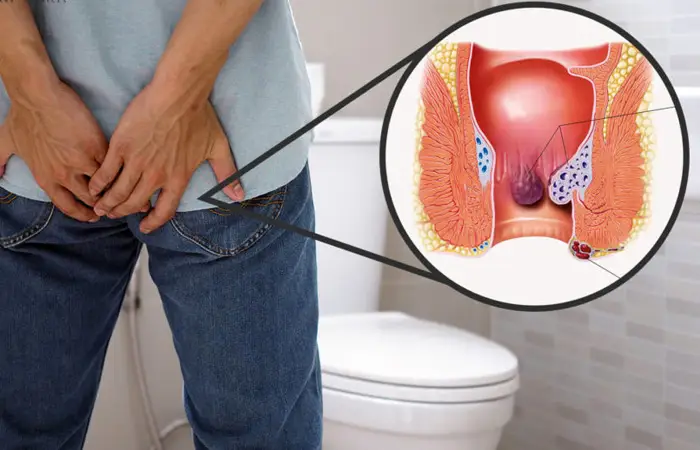Piles a sign of something more serious is a question that many individuals may ponder when experiencing symptoms associated with hemorrhoids. While piles (also known as hemorrhoids) are a common condition, it’s essential to understand the signs that may indicate piles a sign of something more serious. In this blog post, we will delve into the symptoms of piles, potential complications, and when it is crucial to seek medical attention because piles could be a sign of something more serious.
What are Piles?
Piles, or hemorrhoids, occur when the veins in the rectum and anus swell, leading to discomfort. There are two main types of piles:
- Internal Piles: Internal piles develop inside the rectum and can often go unnoticed until they cause bleeding.
- External Piles: External piles appear under the skin around the anus and can cause significant pain and discomfort.
Understanding how to identify piles and differentiate their symptoms is vital when evaluating whether piles are a sign of something more serious.
Common Symptoms of Piles
Recognizing the symptoms of piles is the first step in determining whether piles are a sign of something more serious. Common symptoms of piles include:
- Bleeding: Bright red blood on toilet paper or in the stool can occur with piles.
- Pain: Pain and discomfort, especially when sitting or during bowel movements, could indicate serious complications if severe.
- Itching: If you experience itching around the anus, it might be a symptom of piles.
- Swelling: Swelling near the anal area should be monitored, as it may suggest the presence of external piles.
- A lump: The presence of a lump near the anus may indicate thrombosed piles (clots) which require immediate attention.
If you experience these symptoms, it’s crucial to evaluate whether these symptoms indicate piles a sign of something more serious.
When Are Piles a Sign of Something More Serious?
Understanding the situations in which piles are a sign of something more serious can help you make informed decisions about your health. Here are some critical indicators to consider:
1. Persistent or Excessive Bleeding
If you notice regular or excessive bleeding from the rectum, it may suggest deeper issues, such as colorectal cancer or inflammatory bowel disease. Persistent bleeding from piles should always be evaluated to rule out serious conditions.
2. Severe or Unrelenting Pain
Severe pain that does not improve with typical treatments for piles may indicate a serious complication related to the condition. If pain worsens over time, it could signify thrombosis or an anal fissure, both requiring prompt medical evaluation.
3. Changes in Bowel Habits
Significant changes in bowel habits, such as prolonged constipation or diarrhea that coincides with the presence of piles, could be a sign of more serious underlying conditions. Changes in bowel patterns warrant medical investigation as they may be a sign of something serious.
4. Symptoms of Anemia
If piles lead to chronic bleeding, you may experience symptoms of anemia, including fatigue, weakness, and dizziness. Anemia stemming from piles can point to serious underlying issues that necessitate immediate medical attention.
5. Accompanying Symptoms
If your piles are accompanied by symptoms such as unexplained weight loss, abdominal pain, or changes in appetite, these signs may indicate a serious health condition unrelated to the piles themselves.
Seeking Medical Advice
It is crucial to seek medical advice if you experience any of the above symptoms. A healthcare professional can evaluate whether your condition is a typical case of piles or whether piles are a sign of something more seriousthat needs to be addressed. Timely diagnosis is key to managing complications effectively.
Treatment Options
Managing piles can involve several treatment options. For mild cases, dietary changes, over-the-counter medications, and lifestyle modifications can help. However, in cases where symptoms suggest that piles are a sign of something more serious, further medical intervention may be necessary, including minimally invasive procedures or surgery.
If you want to explore specific treatment options, various techniques are available, such as laser surgery. To learn more about advanced treatment methods, consider visiting this resource.
Final Thoughts
Understanding when piles are a sign of something more serious is crucial for your health. While many instances of hemorrhoids are manageable with simple treatments, recognizing the red flags can help ensure timely medical intervention. Always consult a healthcare provider if you have concerns about your symptoms.
If you want to know more about piles, visit our resource provider: Piles – Something Serious?
For more information on piles and related health issues, feel free to visit pilesfistulacure.com

